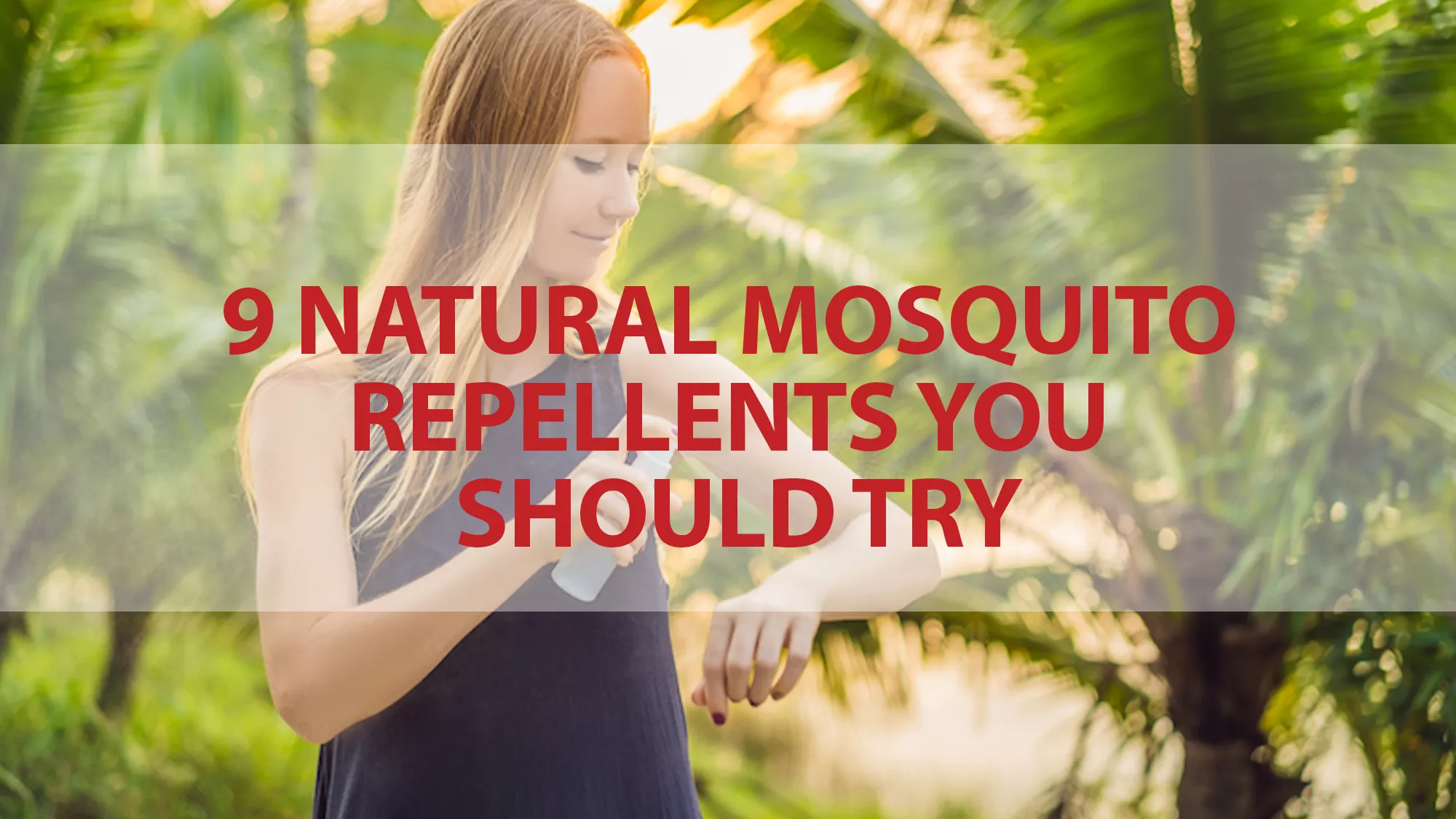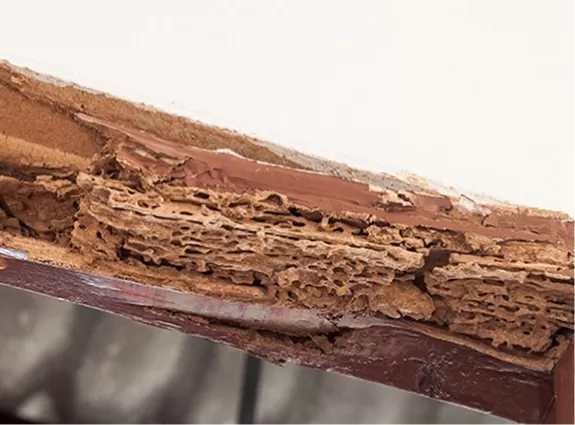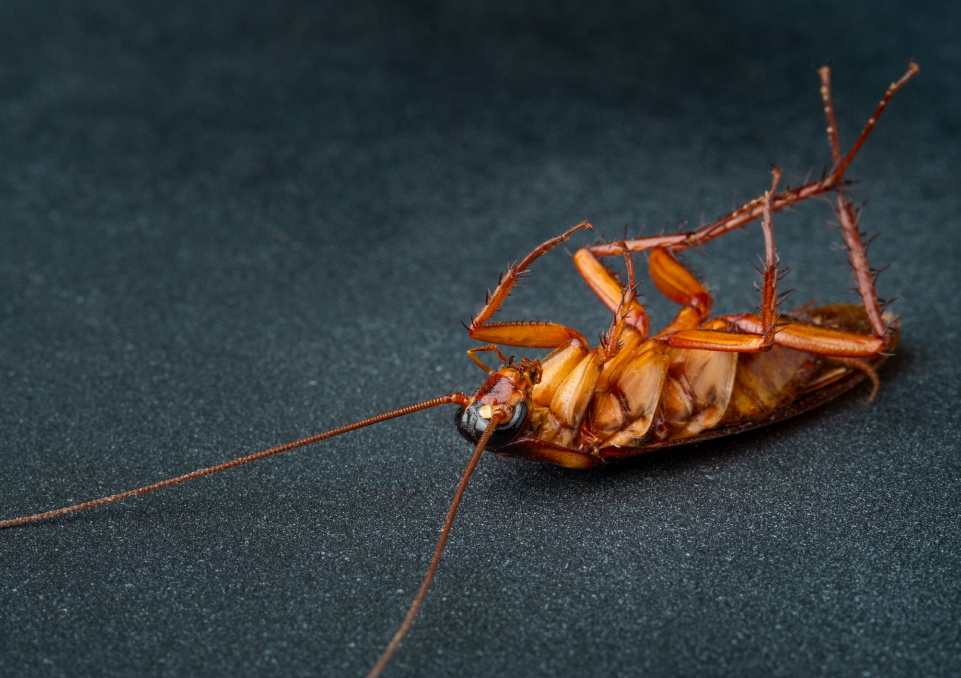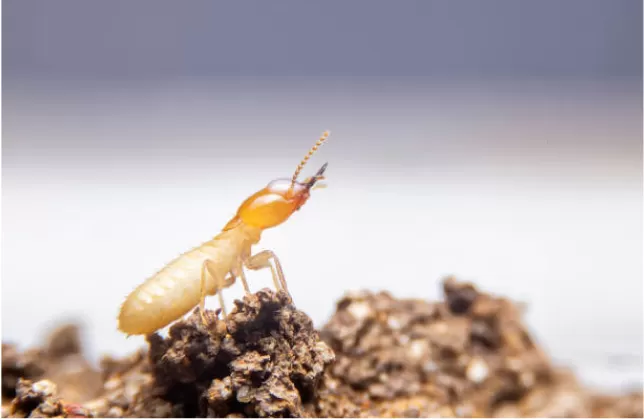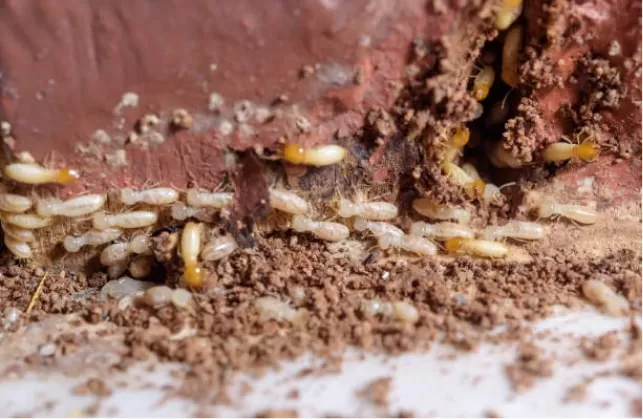Mosquitoes, the tiny yet persistent summertime pests, have a knack for turning outdoor activities into itchy and uncomfortable affairs. Besides being a nuisance, they can also transmit diseases. While commercial mosquito repellents are widely available, many people prefer natural alternatives due to concerns about chemicals and their potential side effects. In this blog, we’ll explore nine natural mosquito repellents you should try for a safer and more pleasant outdoor experience.
9 Natural Mosquito Repellents
1. Citronella:
Citronella is a well-known natural mosquito repellent. Derived from various species of Cymbopogon grass, citronella is often used in candles, torches, and essential oils. Its distinctive, lemony scent works by masking the human odours that attract mosquitoes. You can also apply citronella oil directly to your skin or use citronella-based products in outdoor areas to keep mosquitoes at bay.
2. Lemon Eucalyptus Oil:
Lemon eucalyptus oil, extracted from the lemon eucalyptus tree, has been found to be effective in repelling mosquitoes. It contains a compound called PMD (para-menthane-3,8-diol), known for its mosquito-repelling properties. Dilute this oil and apply it to your skin for protection against mosquito bites.
3. Lavender:
Not only does lavender have a delightful and soothing scent, but it also serves as a mosquito deterrent. You can plant lavender around your garden to naturally repel mosquitoes or use lavender essential oil mixed with carrier oil on your skin for added protection. Its calming aroma adds an extra layer of relaxation to your outdoor experience.
4. Peppermint Oil:
Peppermint oil, with its strong, refreshing scent, is disliked by mosquitoes. Mixing a few drops of peppermint oil with a carrier oil like coconut oil and applying it to your skin can help keep these pesky insects away. Plus, you’ll enjoy the refreshing fragrance.
5. Neem Oil:
Neem oil is a natural insect repellent that has been used for centuries in many parts of the world. This oil can be applied directly to your skin or mixed with other essential oils for added effectiveness. Neem oil contains compounds that repel not only mosquitoes but also a wide range of other insects, making it a versatile choice for outdoor protection.
6. Tea Tree Oil
Tea tree oil is renowned for its antimicrobial and healing properties. While primarily known for its effectiveness against various skin conditions, tea tree oil can also act as a natural mosquito repellent. Its potent scent and antimicrobial qualities make it less appealing to mosquitoes.
To use it as a repellent, dilute a few drops of tea tree oil with a carrier oil, such as coconut oil, and apply it to exposed skin. While it can offer some protection, it’s often recommended to combine tea tree oil with other repellents or preventive measures for comprehensive mosquito control.
7. Garlic:
Beyond its culinary uses, garlic can also help repel mosquitoes. Consuming garlic in your diet or even rubbing crushed garlic on your skin can emit an odour that acts as a natural deterrent. While it may not win any popularity contests for its scent, it can be an effective and edible way to protect yourself.
8. Rosemary:
Rosemary, a fragrant herb commonly used in cooking, can also be used as a natural mosquito repellent. Burning rosemary leaves in a campfire or using rosemary essential oil in a diffuser can help keep mosquitoes away from your outdoor gathering.
9. Cinnamon Oil:
Cinnamon oil has a warm and spicy aroma that mosquitoes find unpleasant. You can dilute cinnamon oil with any carrier oil and apply it to your skin or create homemade cinnamon-scented candles for an effective and natural mosquito repellent.
Additional Preventive Measures to Keep Mosquitoes Away
In addition to using natural repellents, there are several other preventive measures you should consider to protect yourself from mosquitoes:
Wear Protective Clothing:
Cover as much skin as possible with long-sleeved shirts, long pants, socks, and shoes, especially during peak mosquito activity times at dawn and dusk.
Use Mosquito Nets:
When sleeping in areas with a high mosquito population or in regions where mosquito-borne diseases are prevalent, use bed nets treated with insect repellent or insecticide.
Screen Windows and Doors:
Ensure that windows and doors have screens in good repair to keep mosquitoes out of your living spaces.
Avoid Peak Mosquito Activity Times:
Mosquitoes are most active during dawn and dusk. If possible, stay indoors during these times to minimise your exposure.
Eliminate Breeding Sites:
Mosquitoes breed in standing water. Regularly empty and clean containers that collect rainwater, such as buckets, flower pots, and clogged gutters.
Ensure that birdbaths and other water features are cleaned, and the water is changed frequently. Also, keep swimming pools properly chlorinated or covered when not in use.
Use Fans:
Mosquitoes are not strong fliers and struggle to fly in the presence of a breeze. Using fans on your porch or in outdoor sitting areas can help deter them.
Avoid Fragrances:
Strong floral or fruity scents from perfumes, lotions, and scented soaps can attract mosquitoes. Consider using unscented personal care products when spending time outdoors.
Travel Precautions:
If you’re travelling to areas with known mosquito-borne diseases like malaria, Zika virus, or dengue fever, take appropriate precautions, such as taking prescribed medications or getting vaccines, if available.
Use Commercial Mosquito Repellents:
In addition to natural repellents, consider using commercial mosquito repellents containing DEET, picaridin, or other approved mosquito repellent chemicals for more effective and longer-lasting protection.
Keep Grass and Vegetation Trimmed:
Mosquitoes like to rest in tall grass and vegetation during the day. Keep your lawn and garden well-maintained to reduce potential resting spots.
Consult Local Health Authorities:
In regions where mosquito-borne diseases are prevalent, it’s a good idea to consult with local health authorities and follow their recommendations for mosquito protection and disease prevention.
Schedule Regular Pest Control:
Consider scheduling regular pest control services for your home and property. Professional pest control measures can help reduce mosquito populations in your immediate vicinity, providing long-term relief from these pests.
Remember that different areas may have different mosquito species with varying behaviours and disease risks, so it’s essential to tailor your preventive measures accordingly based on your location and specific circumstances.
Conclusion:
Mosquitoes need not ruin your outdoor adventures or peaceful evenings. These natural mosquito repellents offer effective and eco-friendly alternatives to chemical-based repellents. Whether you prefer the aromatic essence of lavender, the zesty punch of peppermint, or the time-tested properties of neem oil, there’s a natural solution to keep mosquitoes at bay.
Combine these repellents with other preventive measures like wearing protective clothing, using mosquito nets, and eliminating breeding sites to create a comprehensive defence against these buzzing pests. Enjoy your time outdoors without the irritation of mosquito bites, and embrace the power of nature’s repellents.

